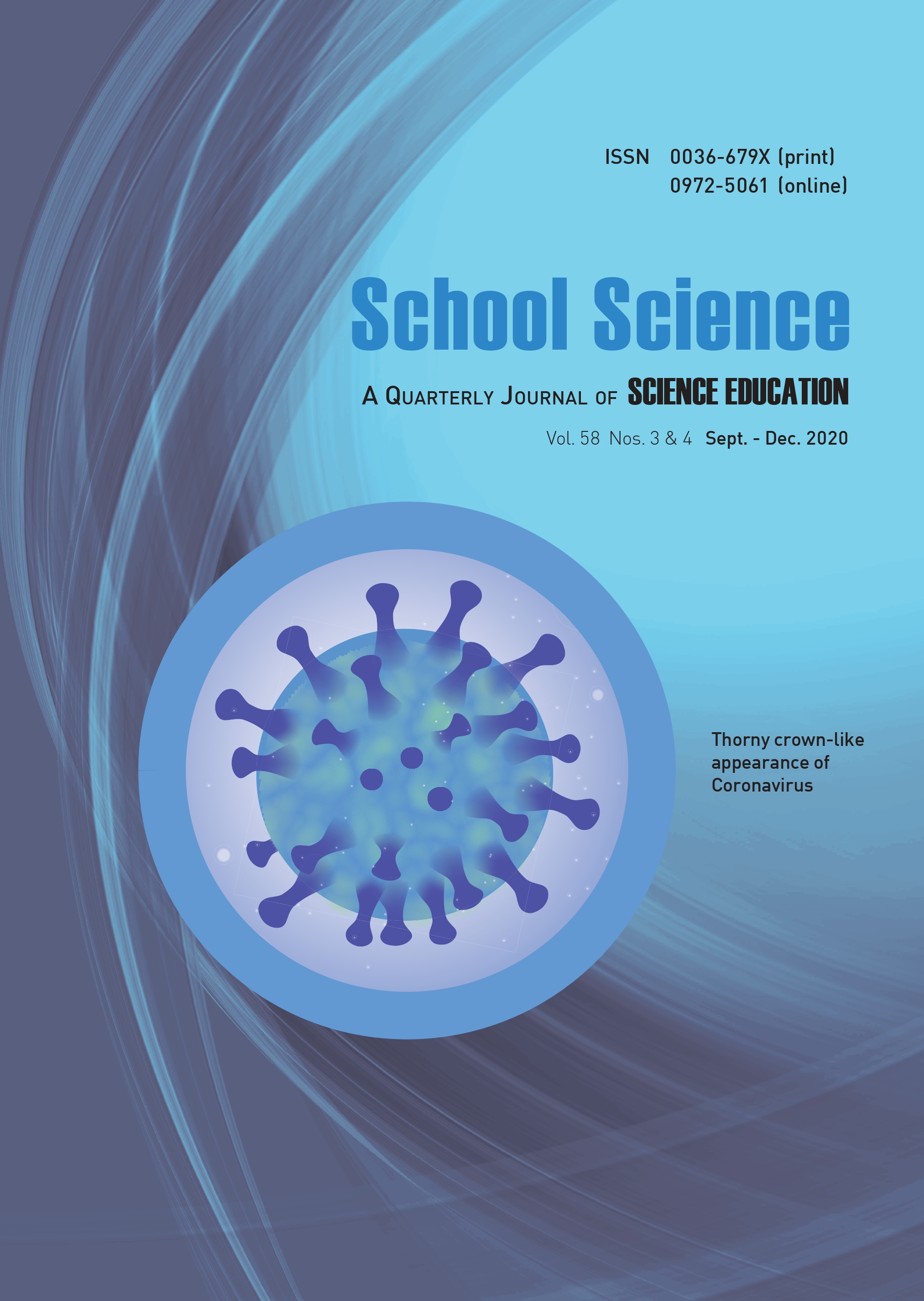
Published 2020-12-31
Keywords
- solidarity,
- SARS-CoV-2,
- Drug re-purposing
How to Cite
Abstract
COVID-19, a viral disease caused by the SARS-CoV-2 virus, has affected a large population across the whole world. On 11th March 2020, WHO declared this viral outbreak a pandemic. The affected individuals may show multiple symptoms or may even be asymptomatic. It is a novel and highly contagious disease with no specific treatment available. Since then, the whole world has started working together to develop an effective vaccine to curb the pandemic. In addition, the entire scientific community is trying to develop alternative treatment methods to save lives and reduce disease transmission. Drug re-purposing is one of them which is being employed to manage this present emergency. This article gives a step-wise comparison of drug re-purposing to the traditional drug development process and its benefits. There is a brief description of SARS-CoV-2 with its mechanism of replication and possible drug targets. Some of the important on-going clinical trials for drug re-purposing using different drug targets in the coronavirus replication cycle have been discussed. A global initiative taken by the WHO named 'SOLIDARITY' to rapidly perform multiple clinical trials in collaboration with many different countries has been mentioned. In the end, an attempt has been made to draw attention to the broader perspectives of drug re-purposing, such as ethical issues for emergency use. Some of the ethical considerations regarding reliable data collection, accuracy and integrity of clinical trials, maintenance of randomized evidence, and voluntary consent of the participants need unbiased monitoring.
